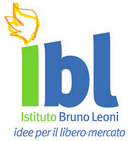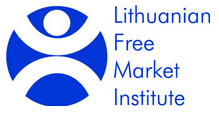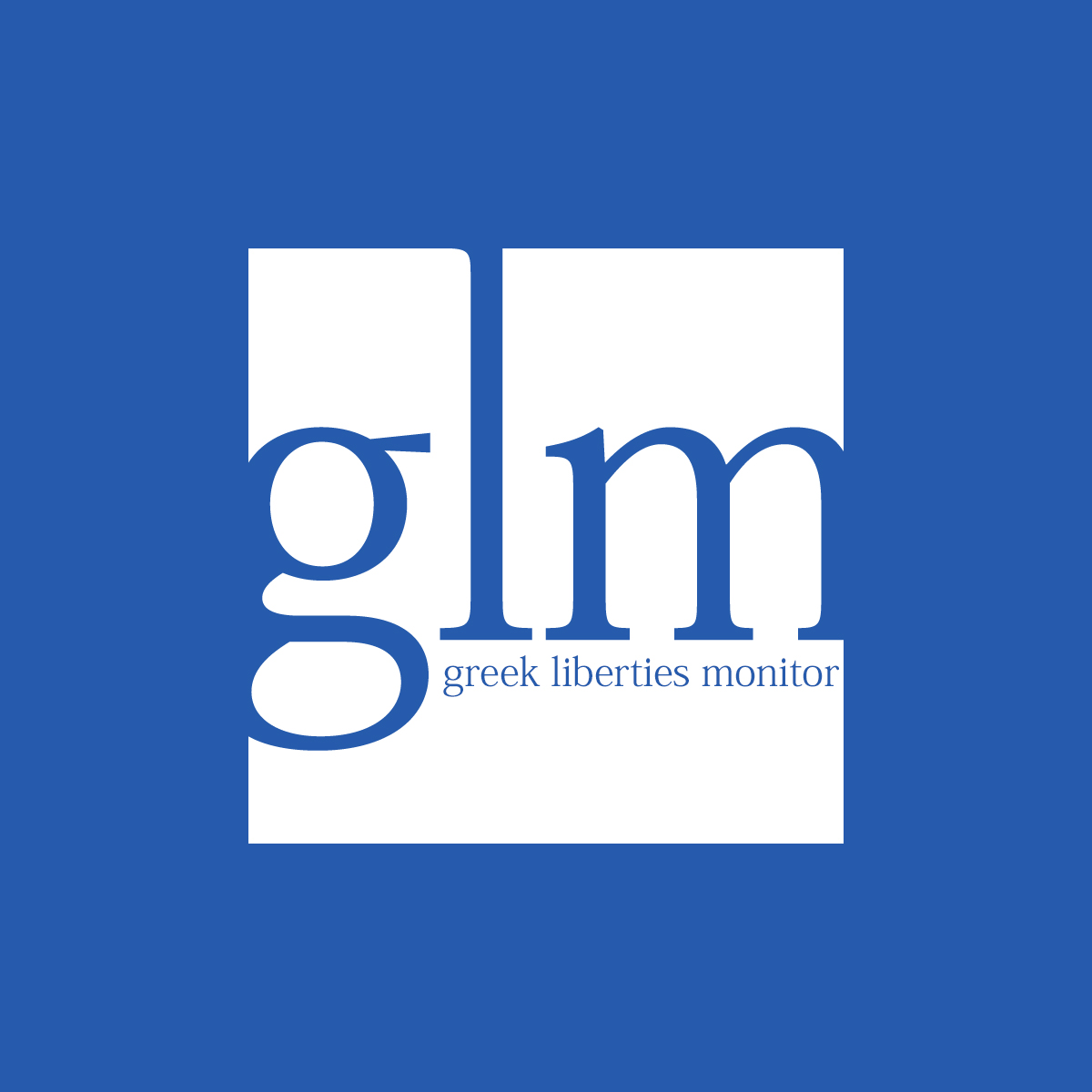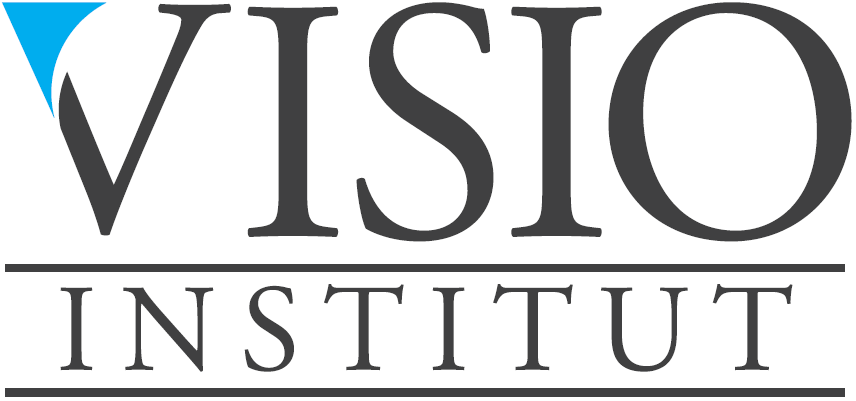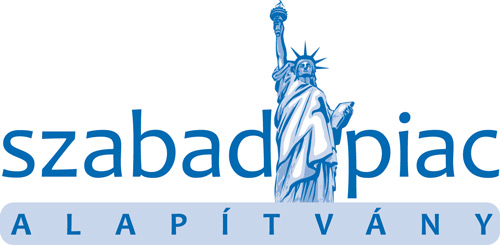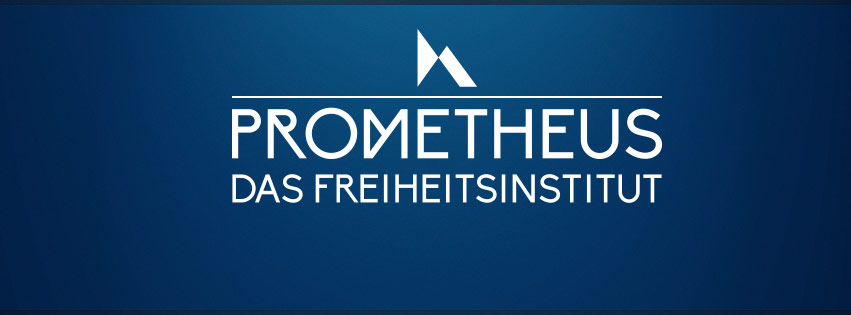About
The Nanny State Index (NSI) is a league table of the worst places in the European Union to eat, drink, smoke and vape. The initiative was launched in March 2016 and was a media hit right across Europe. It is masterminded and led by IEA’s Christopher Snowdon with partners from all over Europe. The 2017 edition of the index was revealed during a full day conference in Brussels and featured high level discussions and debates between MEPs, industry experts, think tankers and regulators about the effects of regulation on health outcomes.
Enquiries: info@epicenternetwork.eu
Download the pdf here.
Categories
About the Editor
Christopher Snowdon is the head of Lifestyle Economics at the Institute of Economic Affairs. His research focuses on lifestyle freedoms, prohibition and policy-based evidence. He is a regular contributor to the Spectator Health blog and often appears on TV and radio discussing social and economic issues.
Snowdon’s work encompasses a diverse range of topics including ‘sin taxes’, state funding of charities, happiness economics, ‘public health’ regulation, gambling and the black market. Recent publications include ‘Drinking, Fast and Slow’, ‘The Proof of the Pudding: Denmark’s Fat Tax Fiasco’, ‘The Crack Cocaine of Gambling?’, ‘The Wages of Sin Taxes’, ‘Drinking in the Shadow Economy’, ‘Sock Puppets: How the government lobbies itself and why’ and ‘Closing Time: Who’s killing the British pub?’. He is also the author of ‘Selfishness, Greed and Capitalism’ (2015), ‘The Art of Suppression’ (2011), ‘The Spirit Level Delusion’ (2010) and ‘Velvet Glove, Iron Fist’ (2009).
Sweden 2017

Sweden has the highest spirits duty in the EU and one of the highest rates of beer and wine duty. It has a state-run off-licence monopoly and bans alcohol advertising completely on television and radio, although TV channels broadcast from other countries are able to circumvent this. Outdoor alcohol advertising is also prohibited. All television advertising that is perceived to be aimed at children is illegal, including for toys and food.
Sweden is a paternalistic country in many respects but there has been some liberalisation in recent years, reflected in a fivefold increase in the number of restaurants serving alcohol, and longer opening hours. State monopolies in the manufacture, import and export of alcohol have been scrapped, and its state-run alcohol shops boast a greater selection of products.
Sweden’s tobacco regulation is more liberal than that of many European countries. Cigarette advertising is banned outright but snus, a smokeless tobacco product, can be marketed and is taxed at a lower rate than cigarettes. Sweden is the only EU country in which snus can be bought thanks to an exemption it negotiated when joining the EU in 1995. Its smoking ban is extensive but it allows for separate, ventilated smoking rooms. There is no ban on cigarette vending machines and no retail display ban. Sweden has by far the lowest smoking rate in Europe.
At the time of writing, e-cigarettes are in legal limbo in Sweden. Having previously been classified as medical products (and therefore effectively banned) Sweden’s Supreme Administrative Court ruled in February 2016 that they are not, thus preventing the Medical Product Agency from banning them. A bill was subsequently drawn up to implement the EU’s Tobacco Products Directive (TPD) with draconian regulations that would have banned the majority of vaping products and banned vaping indoors, but this was not passed. The TPD has therefore not been transposed into Swedish law at the time of writing and e-cigarettes are legal in all forms. Cross-border sales and legal and vaping indoors is legal. E-cigarettes are entirely self-regulated by the industry, but this is likely to change in the near future.
Another product that slipped through Sweden’s regulatory net and generated heated discussions in 2016 is alcoholic ice cream. Due to its solid form, alcoholic ice cream – which has about the same alcohol content as a standard beer – is not classified as an alcoholic beverage and can be sold in regular grocery stores to adults. The public health minister swiftly appointed a commission to plug this loophole and is expected to present a draft bill by summer 2017.
With thanks to Timbro
 Austria
Austria Belgium
Belgium Bulgaria
Bulgaria Croatia
Croatia Cyprus
Cyprus Czech Republic
Czech Republic Denmark
Denmark Estonia
Estonia Finland
Finland France
France Germany
Germany Greece
Greece Hungary
Hungary Ireland
Ireland Italy
Italy Latvia
Latvia Lithuania
Lithuania Luxembourg
Luxembourg Malta
Malta Netherlands
Netherlands Norway
Norway Poland
Poland Portugal
Portugal Romania
Romania Slovakia
Slovakia Slovenia
Slovenia Spain
Spain Sweden
Sweden Turkey
Turkey United Kingdom
United Kingdom
